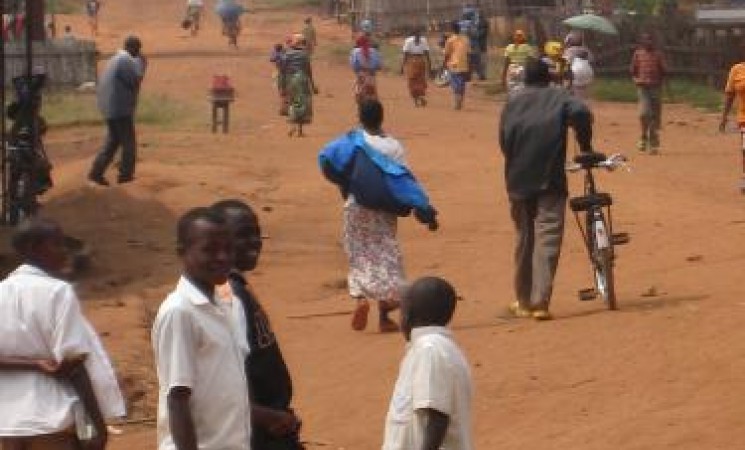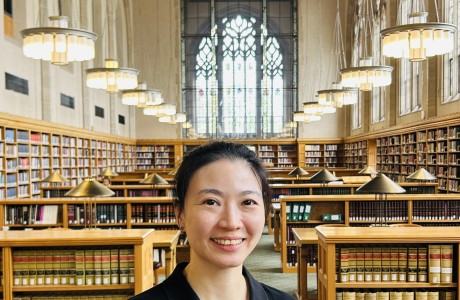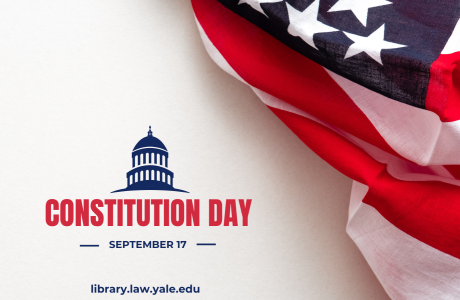Why is Tropical Africa So Poor? Is There a Legal Solution?

In week 4 of his Coursera course “The Age of Sustainable Development,” Jeff Sachs of Columbia University’s Earth Institute is diagnosing the causes of perennial poverty in certain geographies, including most of tropical Africa (see map below). Drawn largely from his book The End of Poverty, this week’s lectures promote the use of “Clinical Economics” to diagnose the root causes of economic development delays.

Tropical Africa, map by Mike King
According to Sachs, many of the nations that have failed to develop robust economies over the past 100 years share geographic, geological, historical, cultural, and political attributes. Most are landlocked and distant from ports of trade, have few deposits of coal or oil, have endured colonial administration and resource takings, have struggled to raise revenues sufficient for infrastructure development post-colonization, and have climates that facilitate the spread of mosquito-borne disease and inhibit the cultivation of diverse crops. These are but a few of the economic indicators that matter (see more at this World Bank data site). Still, they help to illuminate the constraints to potential legal solutions.
Before we get to legal solutions, it is important to acknowledge criticisms of Sachs’ work. A host of scholars disagree with Sachs on what causes poverty, how to measure poverty, and how to solve poverty. Perhaps the staunchest critic of Sachs’ work is Bill Easterly of NYU’s Development Research Institute. While Easterly has criticized a number of Sachs’ claims, he has found most fault with Sachs’ insistence that development aid from wealthier nations is a useful intervention. In a series of books such as The White Man’s Burden and The Elusive Quest for Growth, Easterly has encouraged “development partners” to consider the benefits of localized initiatives (e.g., microfinance) and to critically interrogate their motivations and strategies for giving to poor nations, particularly in tropical Africa. In a different vein, Paul Collier has urged the international community to focus more attention on preventing the eruption of civil conflicts that destroy infrastructure and devastate populations for generations (see The Bottom Billion). Easterly, Collier, and Sachs have written extensively, and their arguments are more complex than can be captured here. Putting aside their differences, they are all interested, like Muhammad Yunus, in “Creating a world without poverty…”
So, what sort of legal solutions might contribute to this new world? Many. They range from the drafting of debt (re)structuring and forgiveness instruments, to the execution of transnational purchase agreements, to interpretation of peacekeeping treaties, to the dissemination of model laws and rules, to the enforcement of international regulations concerning trade, energy, and the environment. Just as each nation presents a unique legal landscape (see our Country by Country guide), every development solution requires customized legal advice and instrumentation. Legal professionals play an important role from the commencement of treaty negotiations through the collection of taxes. Sachs could add dozens of items to this list…
Jeff Sachs is a development optimist. He believes that sustainable economic development and universal human dignity are possible, because we have the collective capacity to solve seemingly intractable problems. He points to Rwanda, pictured at the start of this article and below, as an example of progress in human and economic development (e.g., reduction of maternal mortality, development of a technology sector) under difficult circumstances. Such progress is possible globally, so long as legal professionals contribute to the cause…


If you’d like to learn more about this topic, contact a YLS student organization such as the Yale Society of International Law or Yale Environmental Law Association, or perform a keyword search in our catalog for: Official Development Assistance. And check out these YLS library resources:
1. Integrating human rights into development: Donor approaches, experiences, and challenges, 2013
3. The World Bank and sustainable development: Legal essays, 2013
4. Sustainable development, international criminal justice, and treaty implementation, 2013
5. Foundations of sustainable development: Law, regulation, and planning, 2012
6. Land use and sustainable development law : cases and materials, 2012
7. The Max Planck encyclopedia of public international law, 2012-2013
9. A Europe of rights: The impact of the ECHR on national legal systems, 2008
10. Foundation of international law and politics, 2005
Photo images: 1. A street in Save, Rwanda; 2. A street in Kigali, Rwanda; 3. A courtyard at the National University of Rwanda in Huye. All taken by the author in 2009 and 2010.


